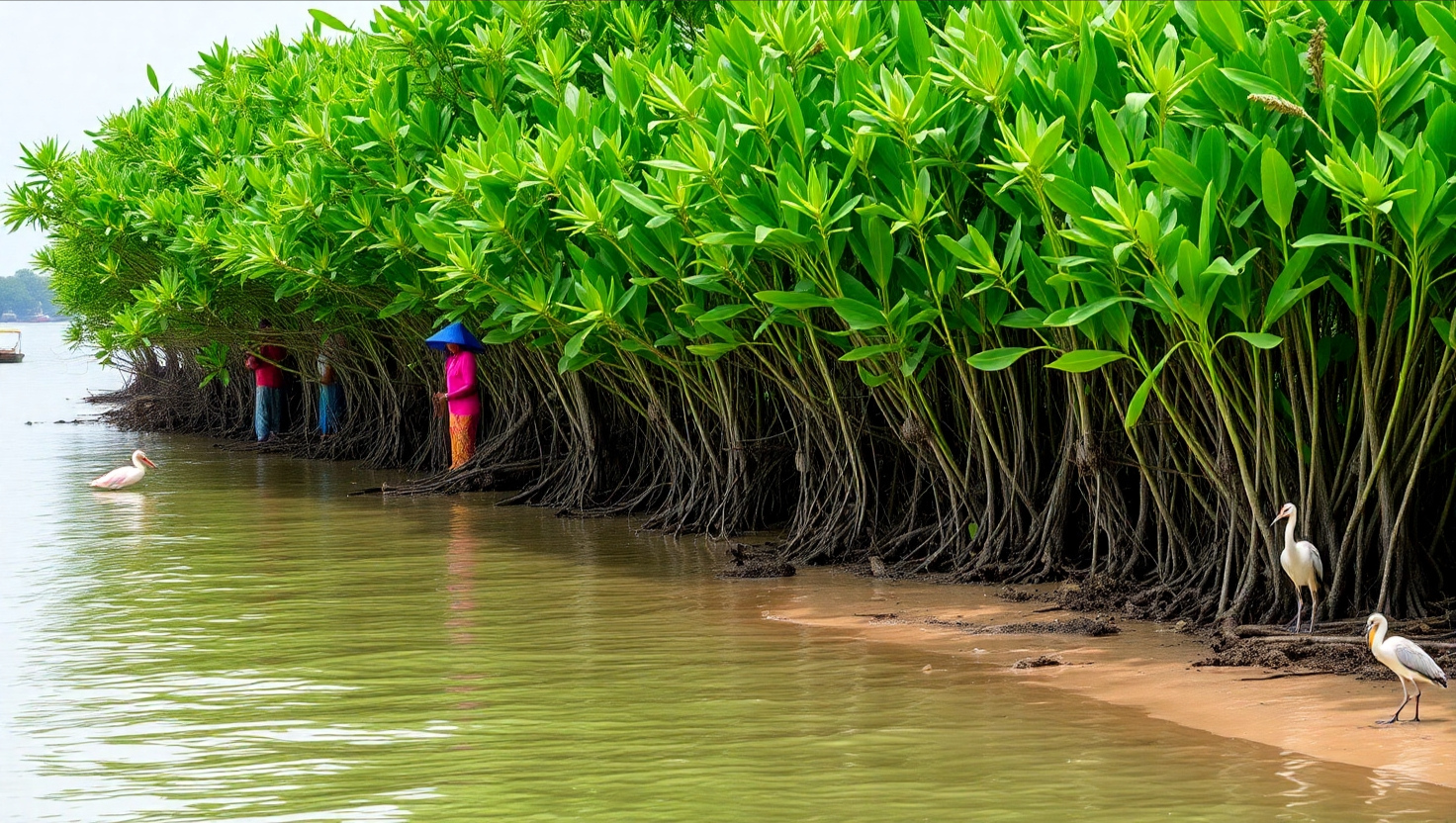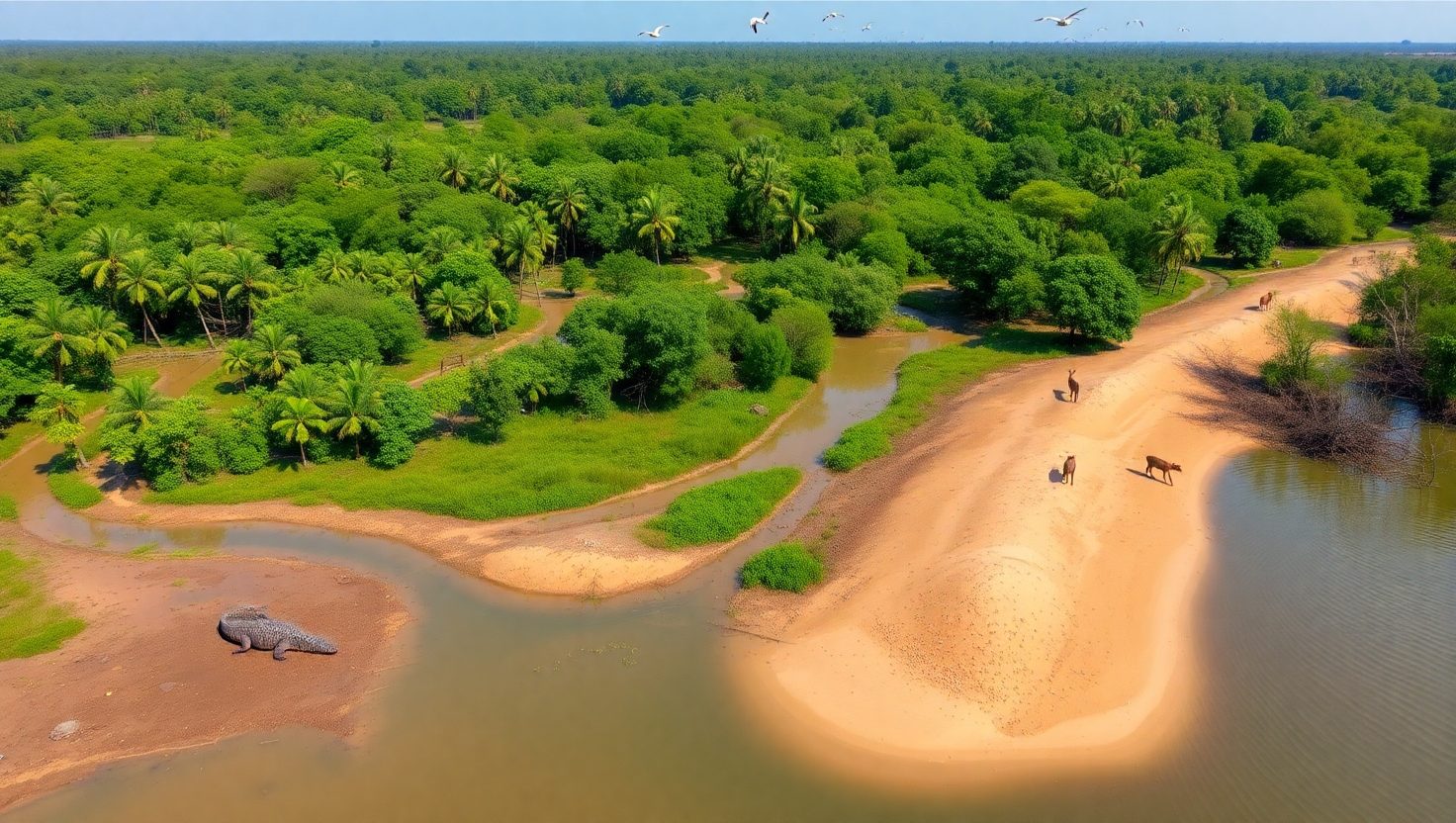
ICJ Validates Kyoto Protocol’s Legal Relevance
The ICJ has reaffirmed the Kyoto Protocol’s legal validity, reviving its role in global climate law and reinforcing accountability for past emissions.

The ICJ has reaffirmed the Kyoto Protocol’s legal validity, reviving its role in global climate law and reinforcing accountability for past emissions.

The Paris Agreement is a global treaty aiming to limit warming below 2°C, with countries submitting NDCs and updating targets every 5 years.

The Doha Amendment extended Kyoto Protocol commitments till 2020, mandating emission cuts by developed nations and reinforcing climate accountability.

The Kyoto Protocol, adopted in 1997, was the first legally binding treaty to reduce greenhouse gas emissions by developed nations.

India commissioned its first 1 MW Green Hydrogen plant at Kandla Port to boost clean maritime energy under the National Green Hydrogen Mission.

Despite population growth, Asiatic lion cub mortality in Gir highlights urgent conservation and veterinary care challenges.

India’s Gir National Park safeguards the last wild population of Asiatic lions amidst growing environmental pressures.

India’s mangrove restoration efforts are boosting biodiversity, protecting shores, and empowering coastal communities.

Mount Cilo in Turkey has lost over 50% of its glacier cover in 40 years due to climate change, with rising heatwaves and reduced rainfall accelerating the melt.

India celebrates International Tiger Day 2025, hosting 75% of the world’s wild tigers and leading global efforts in tiger conservation.

Naegleria fowleri, the brain-eating amoeba, causes rare but fatal infections

World Orangutan Day 2025 highlights the urgent need to protect

Nepal becomes the first SE Asia nation declared free of

Saltwater Crocodile numbers rise in Sundarbans; conservation crucial for India’s

Bhitarkanika National Park, Odisha’s mangrove haven, is home to Saltwater

India can capture 10% of the global green hydrogen market